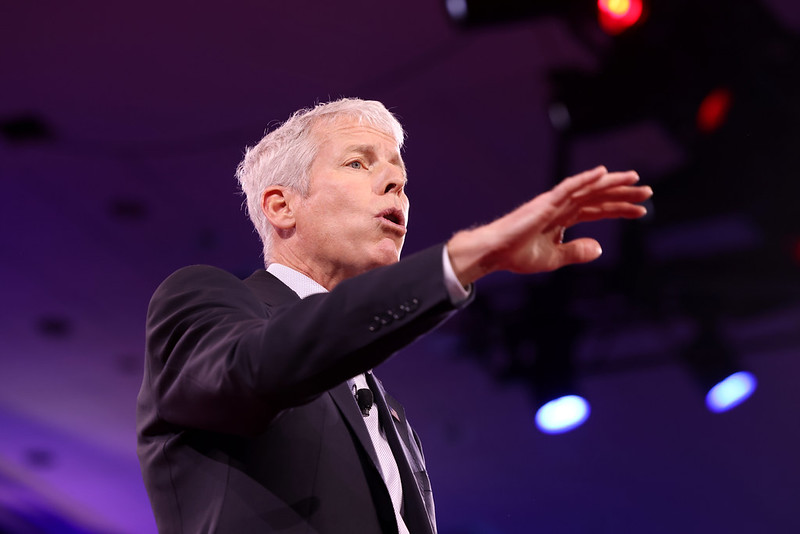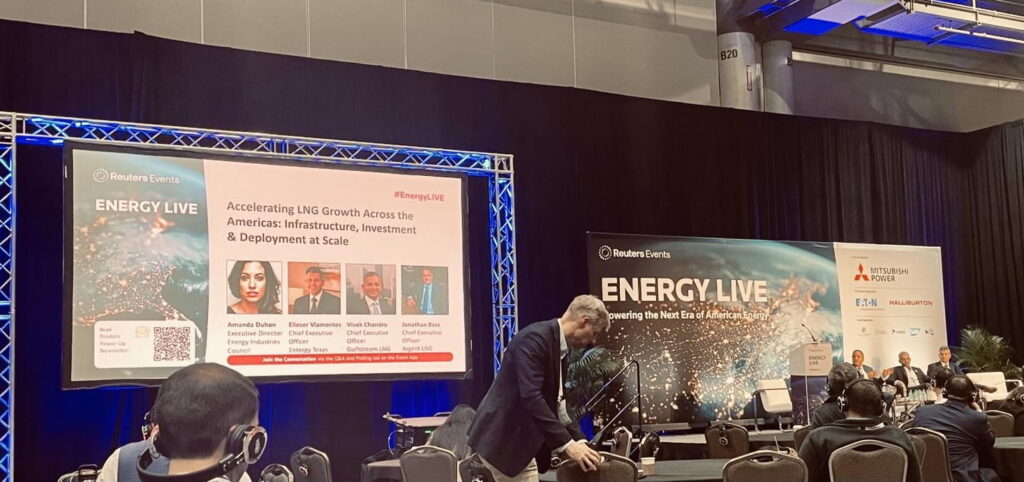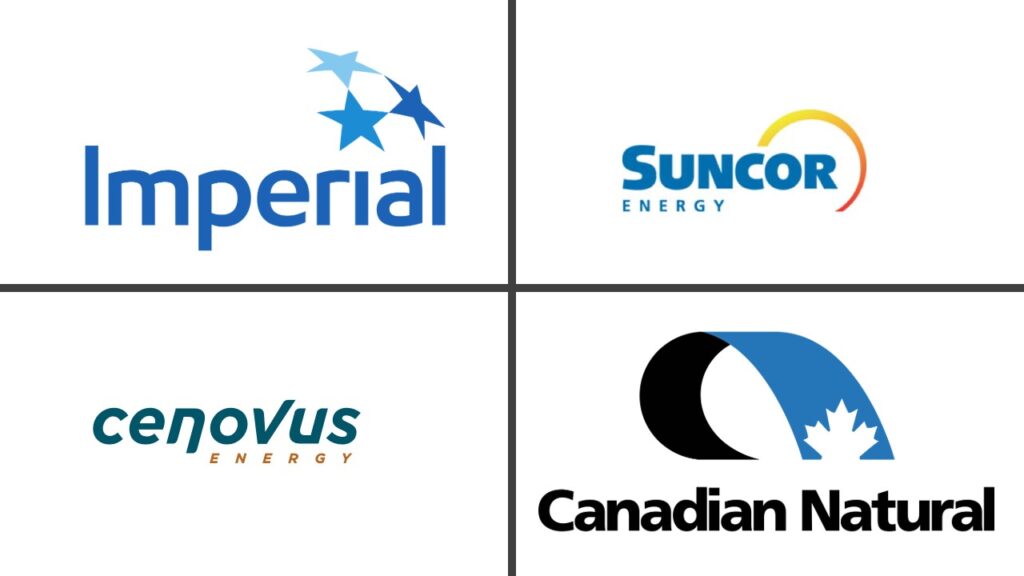The city of Baltimore filed a class action lawsuit on Saturday, alleging that major U.S. shale drillers colluded to fix oil prices, the latest in a series of lawsuits filed this year claiming that U.S. oil producers conspired with each other and with OPEC to drive oil prices up.
The new lawsuit, filed by the mayor of Baltimore and its city council, is notable in part because it alleges Wall Street investment firms played a role by pressuring shale drillers to coordinate their output to prevent fueling price wars with the Organization of Petroleum Exporting Countries (OPEC) and other oil producers abroad. Wall Street companies were among the largest investors in multiple competing shale producers at the same time — and pushed them all to engage in “capital discipline,” the lawsuit alleges.
“The Defendants are owned by the same investors, making the U.S. shale oil industry even more prone to collusion,” the complaint alleges. “The Defendants’ largest shareholders over the last few years have all been many of the same entities (the exception is Continental, which founder Howard Hamm took private in 2022).”
Subscribe to our newsletter
Stay up to date with DeSmog news and alerts
Baltimore’s complaint highlights holdings in Chesapeake Energy, Diamondback Resources, EOG, Hess, Occidental Petroleum, and Pioneer Natural Resources (now ExxonMobil) by BlackRock, State Street, Vanguard Group, Fidelity, Capital Group, and T. Rowe Price.
None of the defendant shale drillers or Wall Street firms named in the complaint immediately responded to requests for comment.
The litigation comes as major investment companies are under continued pressure from environmental groups over their extended ties to oil and gas producers and their role in climate change.
In March, State Street walked out of the Climate Action 100+ initiative, after right-wing politicians sought to frame participation as an antitrust concern. Climate Action 100+ responded that that push “misunderstood and misrepresented” the initiative, including “the basics of what it is and its core activities.”
But the more significant antitrust concern for many major Wall Street firms – and the shale companies they’ve invested in – may prove to be the result of their continued ties to shale drillers, as lawmakers have repeatedly called for probes into shale collusion and a wide range of serious consequences for any companies involved.
No investment firms are listed as defendants in the new complaint. But the city’s class action lawsuit claims Wall Street was involved in shale price-fixing in three ways.
First, it alleges that investors helped shale producers communicate with each other and with OPEC by acting as a communication channel. “[B]ecause the Defendants were largely owned by many of the same investors, OPEC’s direct communications with investors – which supplemented OPEC’s direct communications with the Defendants themselves – often served as yet another mechanism to communicate and coordinate with the whole group of Defendants.”
Second, investors often — and publicly — expressed concern about the need for drillers to exercise “capital discipline,” by holding back on spending to produce more oil at certain times, which Baltimore alleges served as a warning of sorts, “a stick used to ensure that the Defendants adhered to their agreement and its goals.”
And finally, the fact that the Wall Street firms were invested in multiple shale drillers means that classic economic theories about how competition works under capitalism wouldn’t quite work the same way, according to the city’s complaint. A company that competes against its peers by cutting prices to gain market share “‘simply moves their owners’ money from one pocket to another,’” the lawsuit claims — meaning that investors wouldn’t necessarily be as interested in whether any one particular driller gained or lost market share as much as they’d be interested in keeping oil prices high across the board.
Baltimore alleges illegal coordination between shale companies and OPEC and other foreign oil companies began in 2017, after “price wars” between OPEC and shale companies had broken out.
The lawsuit, like roughly a dozen other class action complaints raising concerns about shale price fixing, was filed in New Mexico federal court. It comes on the heels of a move by the Federal Trade Commission to bar former Pioneer Natural Resources CEO Scott Sheffield from the board of ExxonMobil and reports that the FTC planned to refer evidence obtained during its investigation during ExxonMobil’s merger with shale driller Pioneer Natural Resources to the Department of Justice for potential criminal antitrust investigation. Sheffield has denied wrongdoing.
Subscribe to our newsletter
Stay up to date with DeSmog news and alerts






